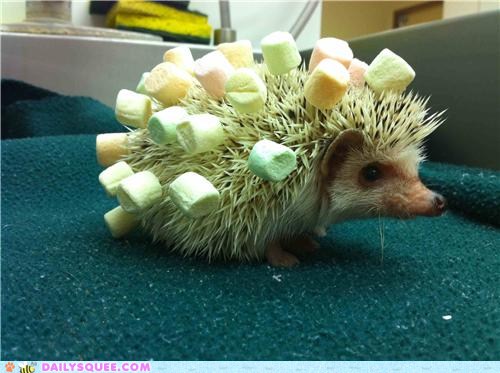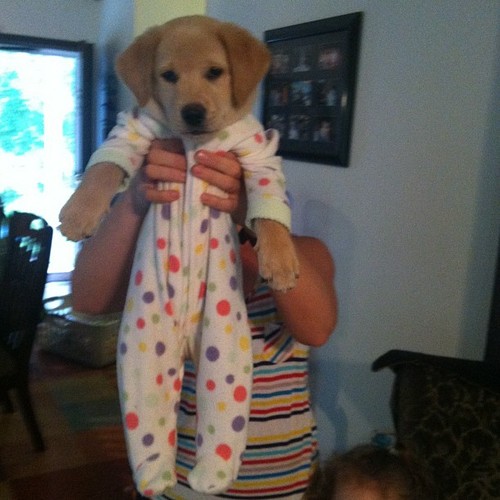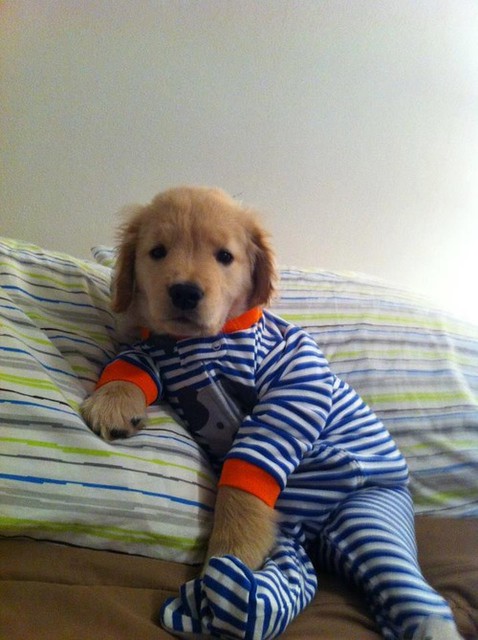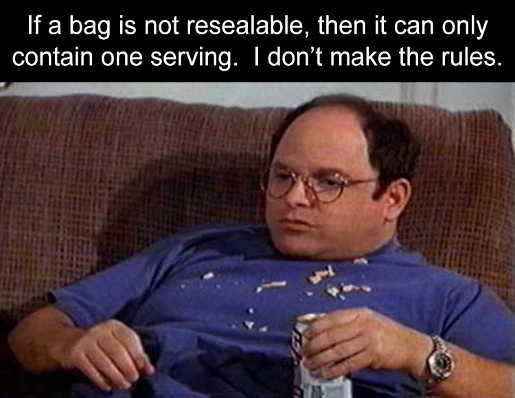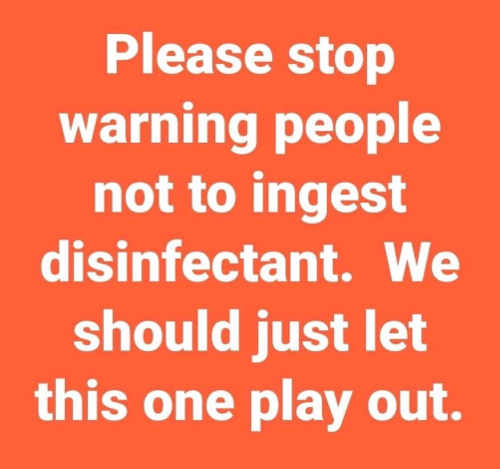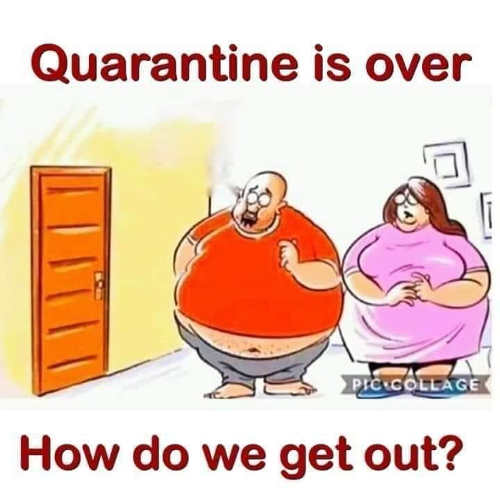I work for one of the manufacturers of the high speed hands-in hand dryers (about 10% of my job is to support them) and these reports are very falsely written, based on a "study" done years ago which showed that bacteria is spread around a bathroom.
The test they did to determine this was to have a bowl of water which had a great deal of harmless bacteria in it for people to put their hands in, then but them in the dryers to dry their hands, and using petri dishes set up around the bathroom they'd see how much the bacteria spread.
A huge problem with this test - is that it's not even close to how these dryers (or any other dryers) are designed to be used. They claim the dryers are responsible for something that wouldn't occur outside the testing situation. Specifically, people don't put their dirty bacteria laden hands into the dryers without washing them first. Nobody goes from the stall with poop on their hands straight to the dryer.
Even rinsing your hands with water and not using soap would change the results of those tests enough to move the hand dryers way up the Hygiene Ranking list in the article. But using soap to wash your hands first, then putting them into the dryer, would result in no bacteria being blown around.
Bottom line is it's a marketing tool by the paper towel industry after they saw a potential market loss due to the high speed hand dryers. Nothing more.









